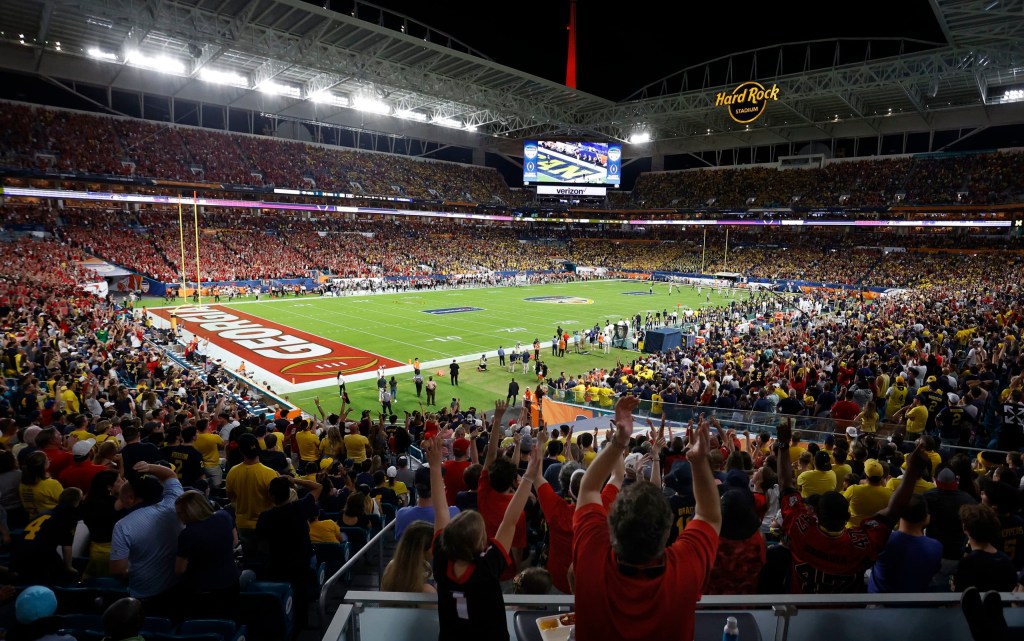During a hearing on Wednesday for the Johnson v. NCAA case, three federal judges considered the question of whether athletes should be employees — and in doing so, they tore the NCAA’s amateurism position apart.
They asked piercing questions, sometimes drawing laughter from the courtroom. One judge said he doesn’t see how athletes couldn’t be employees.
The case was originally brought by a group of athletes who are suing several schools and the NCAA, alleging they should be deemed employees under the Fair Labor Standards Act. They say they’re entitled to minimum wage salaries.
The Johnson case is one of three major movements for college athletes to become employees.
The National Labor Relations Board is also getting involved. It’s agreed to prosecute a case involving USC football and basketball players, arguing that they’ve been misclassified as amateurs and should be allowed to form unions to collectively bargain with schools.
And then there’s Congress, which so far has stayed out of the athlete employment debate. But the NCAA is throwing major resources toward lobbying efforts to get a law stating athletes are amateurs.
Today’s report takes you through all three pathways to paying players, from Washington to California to Philadelphia.

